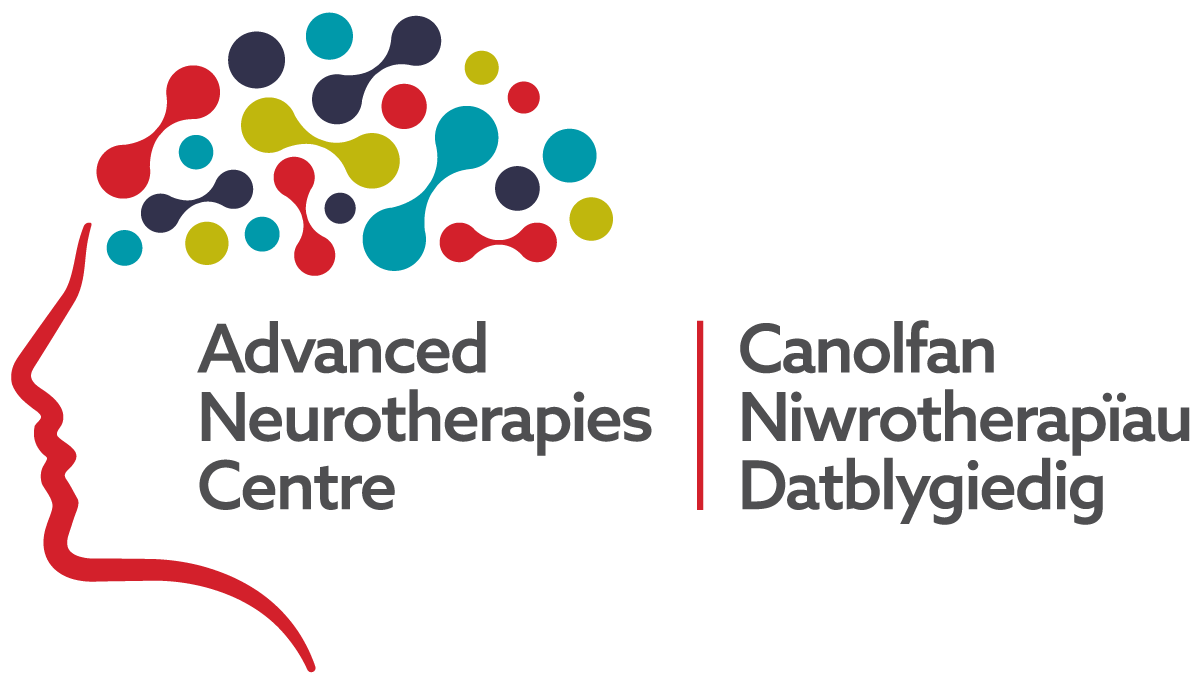Our Research
The Advanced Neurotherapies Centre (ANTC), previously known as the BRAIN Unit, represents a significant and unique opportunity for Wales to lead on the national and international stage, addressing the challenges of ATMP delivery to brain.
Our research covers three central themes, spanning the breadth of the translational pipeline, working to progress early advanced neurotherapy development biology of neurological disease and delivering cutting-edge therapies directly to the brain in early phase clinical trials.
The research undertaken within ANTC is focused on three key areas to advance brain-based ATMP development with the aim of improving the lives of people living with neurodegenerative conditions like Huntington’s and Parkinson’s diseases.
Meet the Advanced Neurotherapies Centre team
Meet the team